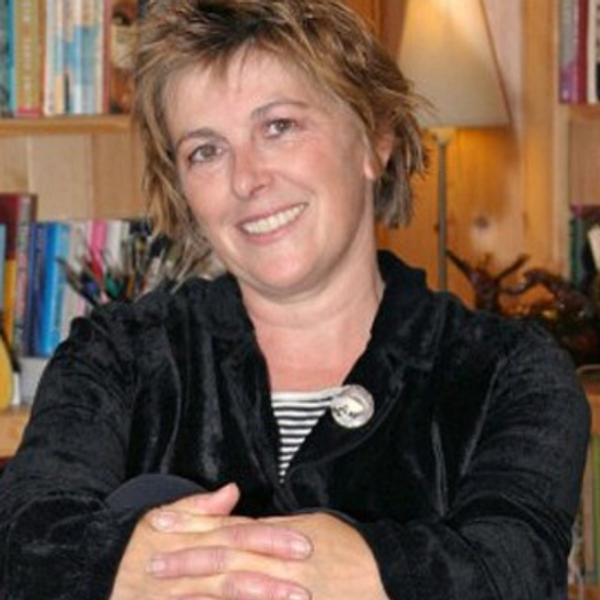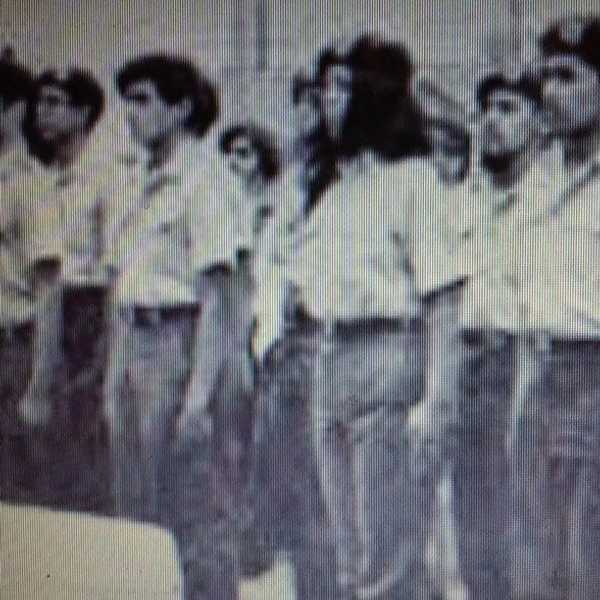William Stroock is an author of military fiction and alternate history, as well as nonfiction on military subjects. He is a professor of history at Raritan Valley Community College in Branchburg, New Jersey. His works can be found here and his blog can be found here.
Wallace: What sparked your interest in history?
Stroock: I always liked it since I was a kid. Even when I was flunking school, I did well in the history classes. Growing up in the Cold War and in the aftermath of World War II, there were lots of war movies on TV.
Wallace: What made you want to start writing?
Stroock: Beats having a real job. OK, seriously, I’ve always had a creative bent, writing is what the creativity bent to. It’s fun creating my own worlds or writing history articles for magazines. I also have a history book about General Pershing being shopped around. When I come up with something new, it’s a thrill just to sit around and sort it though in my head.
Wallace: What attracted you to military fiction?
Stroock: Action, tension. I always liked war movies as a kid. The genre allows me to write really detailed combat sequences and tension-filled cabinet scenes.
Wallace: Many Amazon reviews of your books say that your coverage of military affairs is very accurate. Did you serve in the armed forces, or does this knowledge come from elsewhere?
Stroock: I’m civilian all the way. I do lots and lots of research. Reading Tom Clancy novels as a kid taught me that. For my current "World War 1990" series I’ve bought at least 50 books about Cold War militaries, politics, the Soviet military and Politburo, etc. The next installment, "Castro’s Folly," takes place in Central America, so lots of books about Central American politics, the Nicaraguan Freedom Fighters, etc. I looked up the Pentagon’s old plan for invading Cuban during the Missile Crisis.
Wallace: A lot of your work concerns Israel. What made you interested in this country in particular?
Stroock: Well I’m a supporter, obviously. Also, I thought it would be fun to write a military techno-thriller about a war between Israel and Iran. "Israel Strikes" was supposed to be a stand-alone novel. But I got a few more ideas and cranked out "War of the Red Sea" with more of a naval element.
Wallace: What inspired you to write alternate history with your "World War 1990" series?
Stroock: I’m a child of the Cold War. Some of the best novels I read were about a possible conflict. I had always wanted to write one myself. Of course, the Cold War ended. After writing a few novels, and building some readership, writing an alternate history seemed like a good way to go. "The World War 1990" series keeps expanding. At this point I have five books in mind.
Wallace: Some of your work is set in actual historical periods, such as "A March Through Hell," set in World War II, and "A Line Through the Desert," set in the Gulf War. What drove your selection of these conflicts?
Stroock: I watched Desert Storm unfold on TV as a 17-year-old. I wanted to write a Gen-X novel and I wanted it to have a military setting, so Desert Storm was about my only option and I wrote "A Line Through the Desert." With "A March Through Hell," I had a character in mind and had just finished writing a series of article about WWII in Burma, and designing the tabletop wargame Green Hell: Battles for Burma, for Decision Games.
Wallace: You have made a foray into science fiction with "To Defend the Earth." What inspired this new direction?
Stroock: The sequel, "To Survive the Earth," will be out this summer. I wanted to write an alien invasion techno-thriller. Our military against theirs. No gimmicks. No viruses. That said, readers will hear echoes of "War of the Worlds" (the original one) and "Independence Day."
Wallace: Does your job as a history professor interact with your writing, and vice versa
Stroock: Only when I shamelessly plug my books in class.
Wallace: What advice would you give to aspiring authors looking to establish themselves in the genres you write in?
Stroock: The worst advice ever offered was/is "write what you know." Were I to do that, I’d be cranking out novels about middle-aged guys in the suburbs. It ain’t that interesting. Don’t go to school for writing. I look at people who have an MFA in creative writing and think, “You know, when you were earning your MFA in creative writing, you could have been writing.” If you want to learn about writing read as much fiction as you can. Write every day. Write a lot.





















